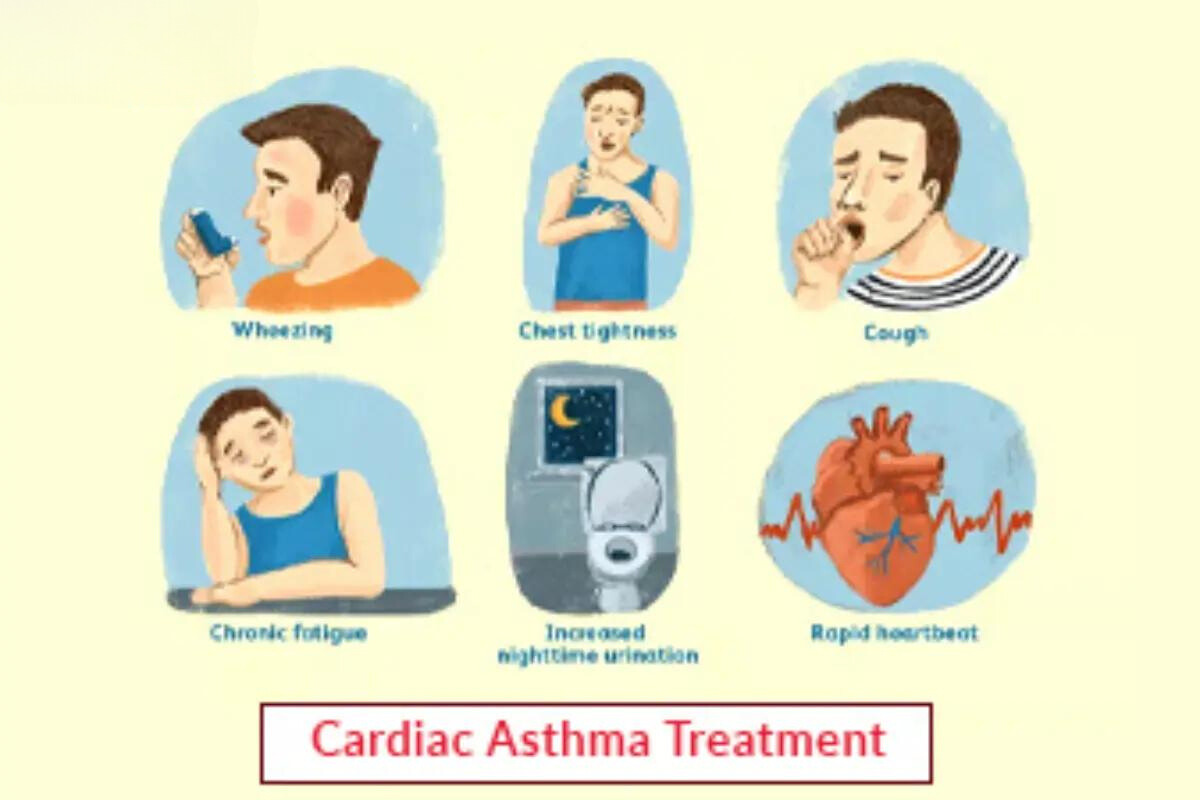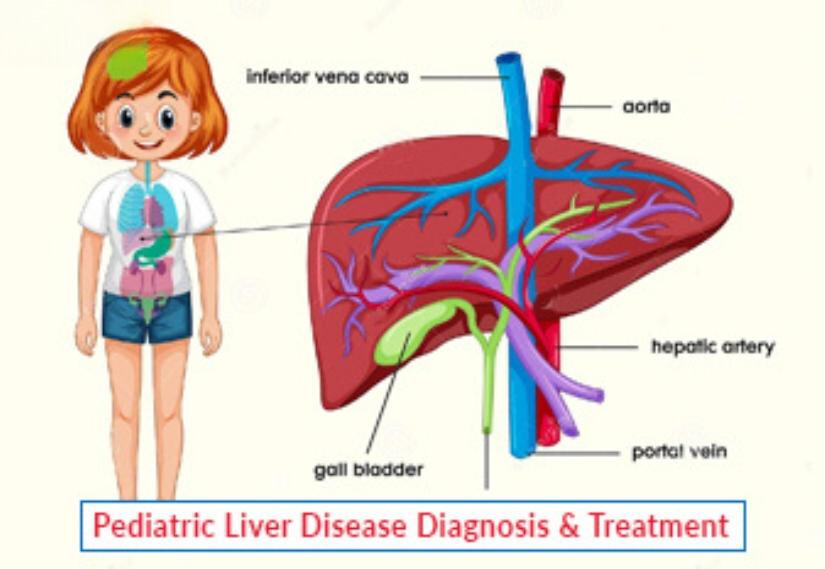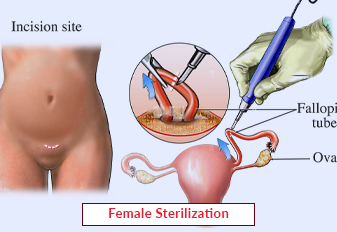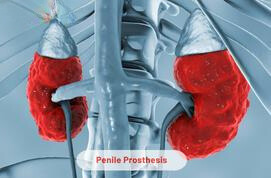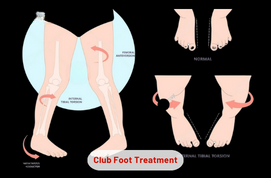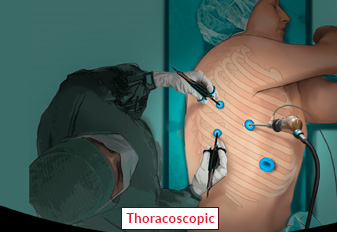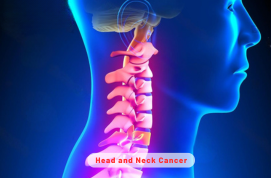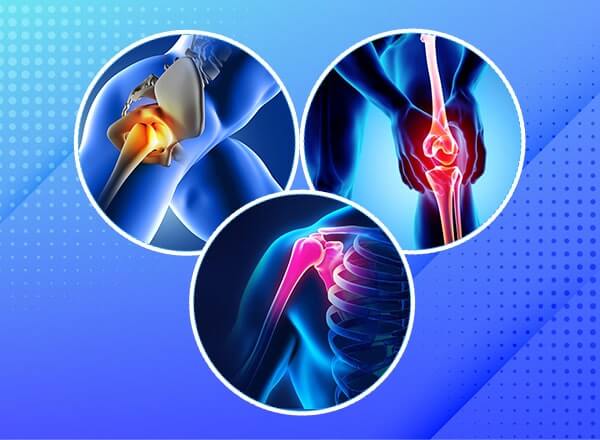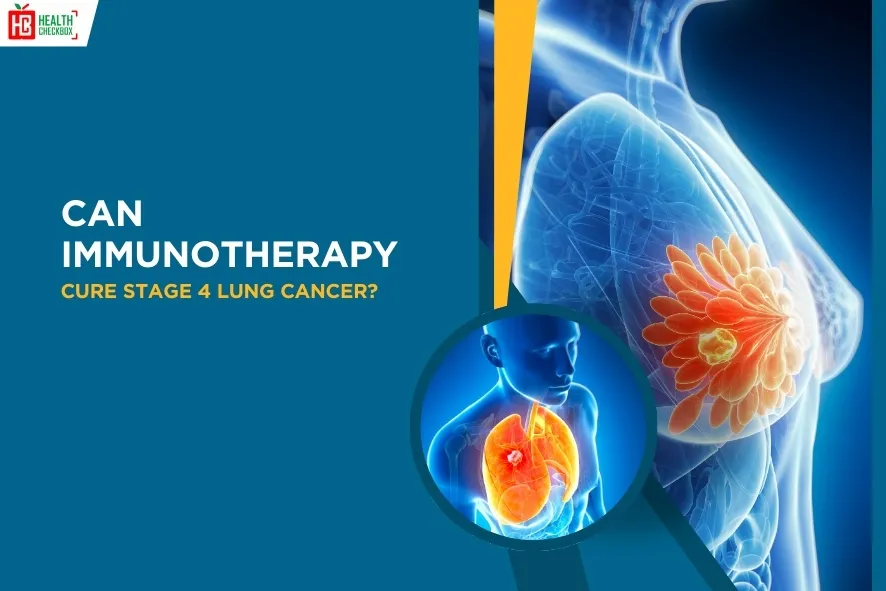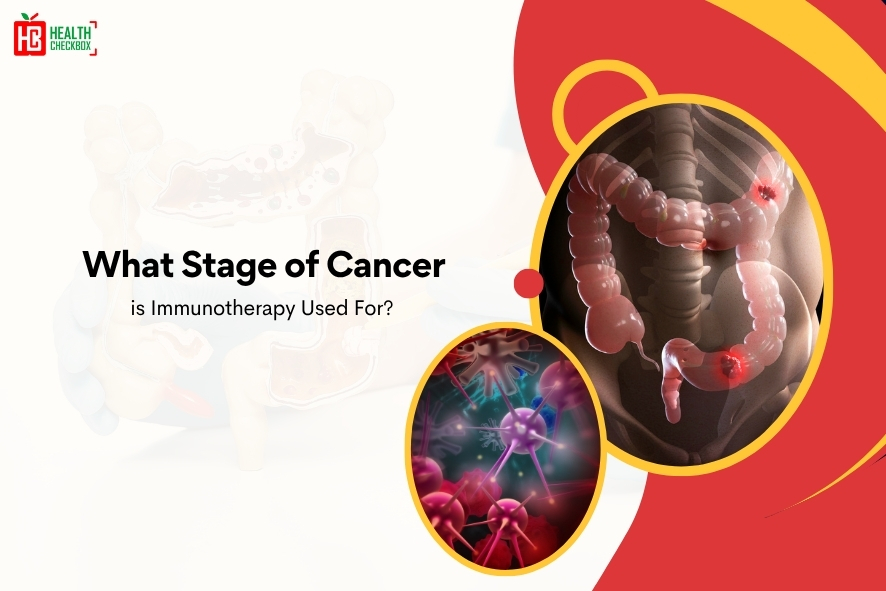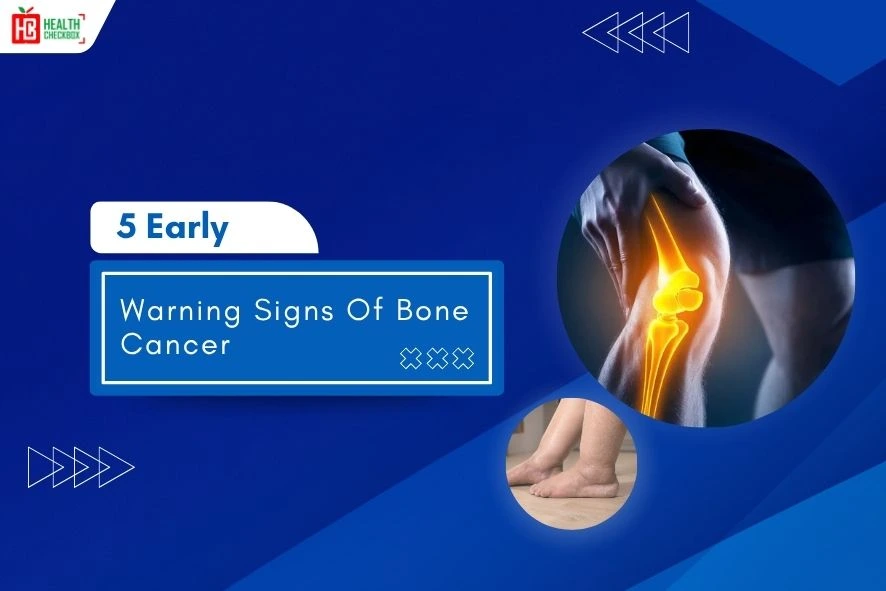Cardiac Asthma is a health problem that occurs due to heart failure and other cardiac-related issues. The symptoms of this problem are similar to bronchial asthma symptoms. Cardiac asthma treatment can be done through medication, surgery, oxygen, and ventilation. Cardiac Asthma leads to several deaths in our world. This problem is caused due to wheezing or coughing in left heart failure. In comparison with bronchial asthma, it requires different treatment. When this problem is left untreated, it becomes critical for patients. It is important to timely diagnose cardiac asthma to reduce symptoms of heart failure.
Causes of Cardiac Asthma
Heart failure is also known as congestive heart failure or left heart failure. It is an underlying cause of cardiac asthma, which leads to diabetes, coronary artery disease, and high blood pressure. The other causes of this condition are as follows:
- Heart Muscle Problems: The damage of heart failure increases the risk of heart failure. This problem occurs due to heavy alcohol, illegal drugs, infections, etc.
- Past Heart Attacks: The occurrence of heart attacks leads to damage in heart muscle tissue. A tissue gets weakened which shows that the heart fails to pump blood properly.
- Severe Lung Disease: This problem occurs due to the improper functioning of lungs. The heart provides oxygen to the body when it pumps harder.
Heart failure leads to several symptoms. These are as follows:
- Fatigue
- Weight gain due to water retention in stomach, legs, ankles, and feet
- Shortness of breath
- Weakness
- Breathing problems
If heart failure is not cured or prevented, then it can be managed by medication drugs lifestyle changes.
- Heart Valve Abnormalities: This problem occurs after bacterial endocarditis or congenital disorder. The heart muscle pumps harder if the valve is not open or closed properly during heartbeat. The risk of heart failure is increased due to excessive workload.
Symptoms Cardiac Asthma
This problem causes several symptoms, which are as follows:
- Dizziness
- Shortness of breath
- Wheezing
- Rapid breathing
- Bloody, frothy sputum
- Cold skin
- Gasping for breath
- Anxiety
- Coughing
People suffering from heart failure may experience symptoms of cardiac asthma. These are as follows:
- Appetite loss
- Pain in abdomen and chest
- Fatigue
- Swelling in ankles and legs
- Nausea
- Weight gain
- Discoloration in fingers and lips
- Sleepiness
Diagnostic Test for Cardiac Asthma Treatment
Several tests can diagnose cardiac asthma are as follows:
Physical Examination: A physical exam needs to be performed for rapid heartbeat, abnormal sounds, and breathing problems in the lungs. This helps the doctor to diagnose cardiac asthma easily.
Electrocardiogram: ECG helps to diagnose heart failure by reading electrical signals from the heart. It shows abnormality in most people suffering from heart failure.
Breathing Test: This test demonstrates the working of lungs. It shows a problem when there is excess fluid in the lungs. Doctor uses a spirometry machine to perform this test.
Echocardiogram: It is an ultrasound test that checks the pumping of blood in the heart’s chambers and valves. If a pumping problem occurs in your heart, then it could be a sign and symptom of heart failure.
Stress Test: A doctor can perform a stress test by checking the pumping of blood in your heart. This involves certain activity that makes the heart pump harder. The heart rate, electrical activity, oxygen levels, etc, are measured throughout the exercise.
Cardiac CT and MRI: Doctors use CT and MRI scans to check the condition of heart chambers, valves, and muscles. These tests also discover a congenital heart problem associated with cardiac asthma.
Cardiac Asthma Treatments
Cardiac Asthma can be treated in three ways:
- Oxygen and Ventilation: When the patient’s body experiences less oxygen during cardiac asthma attack, then this treatment is provided by the doctors to support the patient’s condition. Oxygen therapy can be given in home, nursing home or hospital. It gives extra oxygen to the patient for breathing well. The non-invasive ventilation also provides airway support and helps the patient in breathing.
- Medications: Morphine, nitroglycerin, and furosemide are some medications that treat cardiac asthma in emergency cases. After the symptoms stabilize, the doctor provides ACE inhibitors or beta blockers for another treatment. ACE inhibitors relaxes blood vessels and relieves high blood pressure, whereas beta-blockers reduce heart rate and blood pressure.
- Surgery: Cardiac asthma requires surgery when medications, drugs, and other treatments fail. It includes different surgical treatments, which are as follows:
- Coronary angioplasty or bypass
- Heart valve surgery
- Repair of congenital heart defects
- Ablation of arrhythmia
Prevention Tips For Cardiac Asthma
It is important to lower the risk of heart failure, which helps to prevent cardiac asthma in patients. The steps are as follows:
- Avoid recreational drugs.
- Maintain a healthy weight as per your age.
- Eating fruits, nuts, eggs, and vegetables is beneficial for your overall health.
- Avoid alcohol or tobacco products.
- Reduce diabetes and high blood pressure.
- Exercise regularly.
Latest Health Tips
Can Immunotherapy Cure Stage 4 Lung Cancer?
Early Signs of Cervical Cancer
Foods that Kill Cancer: Leafy Vegetables, Grains, & More
What Stage of Cancer is Immunotherapy Used For?
Which is Worse for Cancer, Sugar or Alcohol?
Vaccines That Prevent Cancer
What Kills Cancer Cells in the Body Naturally?
Early Warning Signs of Bone Cancer
Submit Your Enquiry
Testimonials








